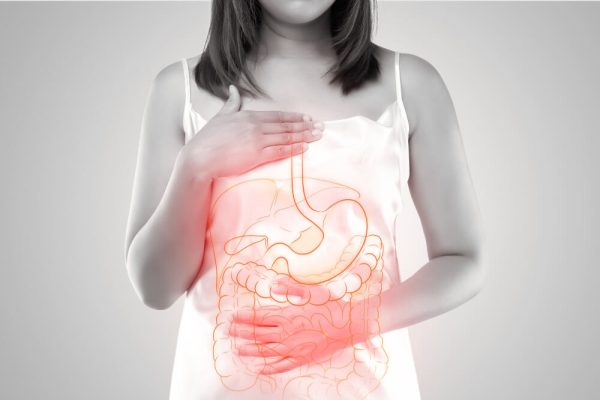As you go through menopause, it is normal for your body to experience sudden changes, be it physiological or psychological.
Crazy mood swings are part of menopause. It is a normal and natural transition of a woman’s life as your body stops producing primary female sex hormone, estrogen. You are highly likely to not conceive a baby during this phase. If you’re unsure about the onset of the menopause, FSH Elisa kit can help you determine the exact cause of infertility.
Depending on what is affecting The Emotional Equilibrium, you may want to consider:
- Exercise and yoga
- Anti-anxiety medications
- Positive lifestyle changes
- Hormonal therapy
- Sleep disorder treatment
Paying attention to your mood swings will help you determine the actual source of the hormonal changes and find the best line of treatment as well.
Let’s discuss in detail:
Table of Contents
Ovary Removal Surgery/Cancer Treatment
Women who have undergone surgery to remove one or both the ovaries may experience low estrogen level. Since the shift is quite sudden, from normal estrogen level to very low, neurotransmitters get affected which results in emotional instability.
There are Selective Estrogen Receptor Modulators (SERM) medicines and hormone therapies that help dealing with the sudden drop in the estrogen levels. Thus, if you have any impending medical treatment that potentially affects your estrogen levels, speak to your doctor ahead of time.
Hormonal Imbalance
Estrogen plays a pivotal role in how chemical messengers (known as transmitters) work and affect brain functioning. Consequently, it can have a huge impact on your mood and behavioral patterns too. Speaking of which, most of the women are more sensitive to hormonal changes.
There are a few indicators that show you might be a member of such vulnerable section of women:
- Suffered from premenstrual symptoms
- Gone through emotional downturn during pregnancy
- Suffered from postpartum depression
Keep your doctor updated of any such medical history to determine the best hormone treatment that can ease the emotional roller coaster.
Insufficient Sleep
Women with symptoms like night sweats and hot flashes have a higher chance to be suffering from mood disorders caused by poor sleeping patterns.
If you’re waking up with such serious sleep troubles such as not getting 7-8 hours of sleep at night, learn stress management techniques to cope up with such a disturbing state of life.
If you are a snorer and mostly remain tired during the day, it’s time to see a doctor if you need a proper treatment.
Complex Life Situations
Prolonged illness, hormonal fluctuations and tragic life events all contribute to making you anxious and depressed. Some of the common issues women battle with include:
- Marital conflicts and family issues
- Dealing with teenagers – drugs, mood tantrums, social media addiction etc
- Helping aging parents suffering from chronic health issues
Such issues can be physically and mentally exhausting and may have a damaging effect on your hormonal balance.
Get Back Into A Good Mood
Mood swings can take a toll on your health if not dealt with some individual efforts. Few suggestions:
- Make some lifestyle changes including
- Cut down on caffeine
- Light exercises
- Go for a walk or jog
- Eat healthy – vegetables and fruits
- Meditate.
Don’t be afraid to discuss frequent mood problems with your doctor so you can be treated right, and on time!
Do let us know of your fight with menopause and hormonal imbalance, in general. Add your comments in the section below. We are eager to know your thoughts on it.
I am a 26 year old young and witty girl, who simply loves to write and be around her friends. I am the one who believes in filling the heart of her readers with love, passion and contentment.






